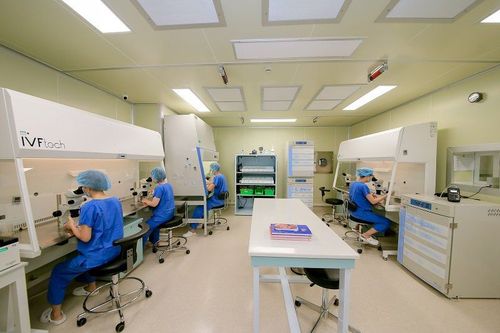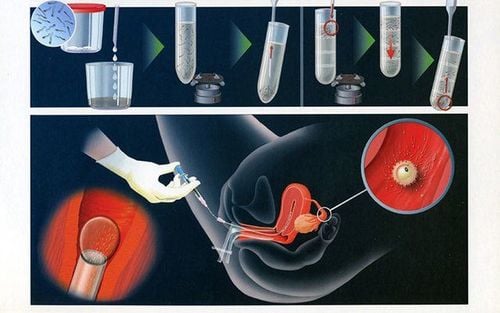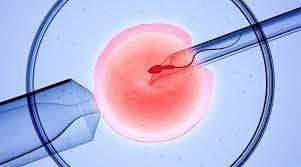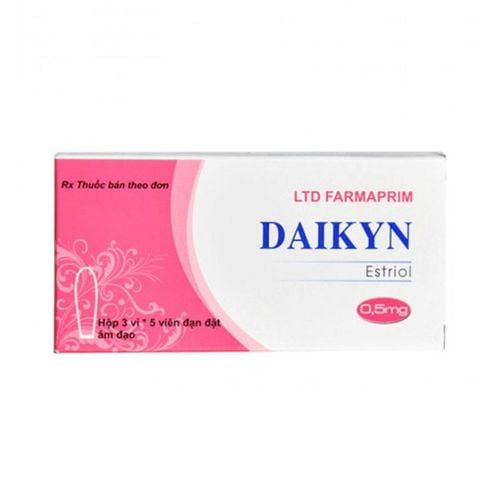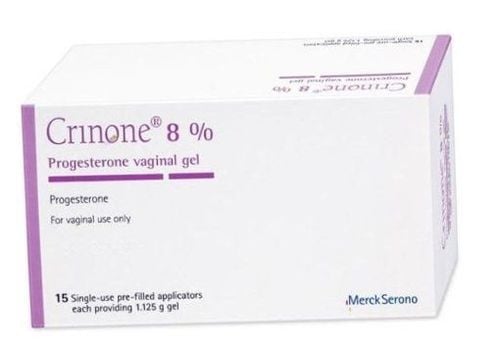This is an automatically translated article.
The article is expertly advised by MSc. Dr. Le Thi Phuong Lan - Head of the Laboratory's Reproductive Support Unit, together with MSc. Dr. Nguyen Thi Cam Van - Doctor of IVF Lab, Reproductive Support Center, Vinmec Times City International Hospital.Established in 2014, after nearly 5 years of operation, Vinmec fertility support center has provided fertility support to more than 1000 infertile couples with the clinical pregnancy rate always reaching the same rate. With developed countries such as the US, UK, etc. Besides advanced assisted reproductive methods, the Center is currently receiving and storing sperm, ovum and embryos. So how are these processes regulated?
Regulations on donating sperm and ovum
1. Sperm and oocyte donors have been examined and tested to determine that:No hereditary diseases affecting the next generation No mental illness or other disease that cannot be understood. their behavior Not having sexually transmitted diseases 2. Voluntarily donating sperm and ovum and only at a medical examination and treatment facility recognized by the Ministry of Health can perform insemination techniques in test tube
3. The medical facility must not provide the name, age, address and photo of the donor. No new successful childbearing is used for others. In case of successful childbirth, unused sperm must be destroyed or donated to a scientific research facility.
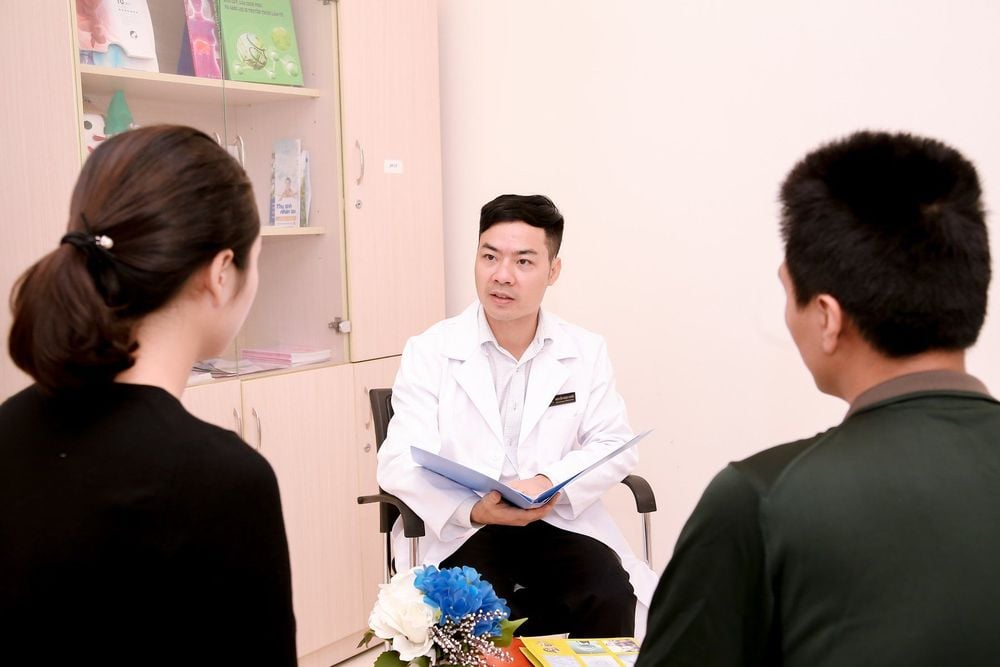
Regulations on receiving sperm, oocyte, and embryo
1. The sperm recipient must be the wife in the couple undergoing treatment for infertility whose infertility is caused by the husband or a single woman who wants to have children and their ovum is of good quality for conception. .2. The oocyte recipient must be a Vietnamese or a native of Vietnam and the wife of a couple undergoing infertility treatment whose infertility is caused by the wife having no ovum or the ovum of poor quality to fertilize. pregnant.
3. The embryo recipient must be in one of the following cases:
The wife in the couple undergoing infertility treatment whose infertility is caused by both the wife and the husband The wife in the couple undergoing treatment Infertility in which husband and wife have performed in vitro fertilization but failed, except for surrogacy Single women without ovum or ovum of poor quality for conception. 4. The recipient of sperm, ovum or embryo must be healthy enough to perform in vitro fertilization, pregnancy and childbirth; not currently suffering from sexually transmitted diseases, HIV infection, infectious diseases of groups A, B; not have a genetic disease affecting the next generation, not have a mental illness or another disease that makes them unable to perceive and control their behavior.
5. Medical facilities are not allowed to provide names, ages, addresses and pictures of recipients of sperm, oocytes, or embryos.
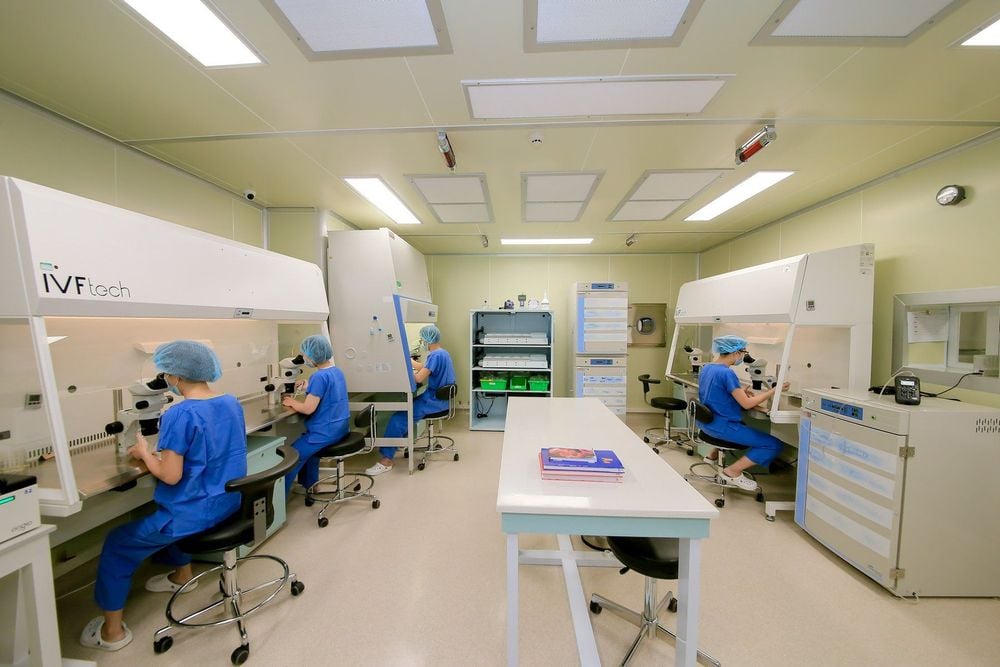
Regulations on storage of sperm, ovum and embryo
The preservation of sperms, ovules and embryos is carried out at medical examination and treatment facilities that have implemented in vitro fertilization techniques to store and preserve sperms, ovules and embryos in service of the technique. In Vitro Fertilisation .1. The sender of sperm, ovum and embryo must pay the cost of storage and preservation through a civil contract with the sperm, ovum and embryo storage facility, except for donated sperm, ovum or embryo.
In case the sender does not pay the storage and preservation fee, within 06 months, the medical examination and treatment establishment has the right to destroy the sent sperm or ovum or embryo.
2. Sperm, ovum, embryo deposit is done in the following cases:
Husband or wife in couples undergoing treatment for infertility Persons who wish to keep individuals Volunteers sperm donation, oocyte donation, embryo donation Infertile couples or single women who store leftover embryos after successful in vitro fertilization. 3. In case the sperm, oocyte or embryo depositor dies and the sperm, ovum and embryo storage facility receives a notice enclosed with a copy of the lawful death certificate from the sender's family, the number must be destroyed. such person's sperm, ovum and embryo, unless that person's spouse makes an application for preservation and still maintains payment of the preservation and preservation fee.
4. In case the sender of sperm, oocyte or embryo is divorced:
If the sender requests to destroy his own sperm or ovum, his sperm or ovum must be destroyed; In case of request for destruction of embryos, written consent of both husband and wife is required; If you want to continue to keep it, you must have an application for storage and still pay the storage and preservation fee. 5. If a sperm, ovum or embryo depositor wishes to later donate sperm, ovum or embryo storage facilities to another person, the storage facility must use the method of encoding information about the donor. In case of donation for the purpose of scientific research, there is no need to encrypt the information.
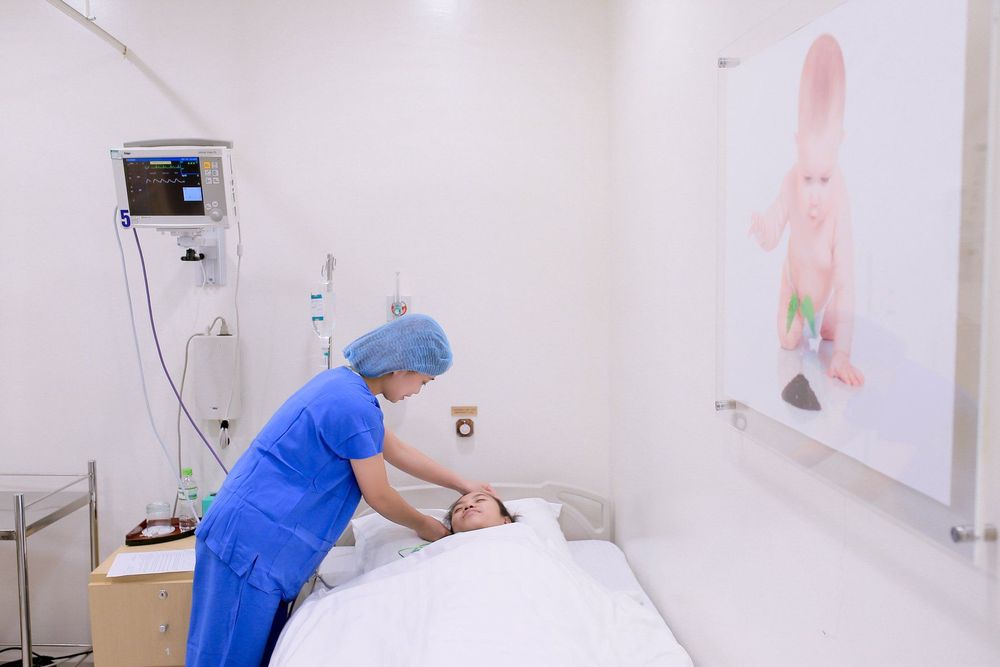
Please dial HOTLINE for more information or register for an appointment HERE. Download MyVinmec app to make appointments faster and to manage your bookings easily.






